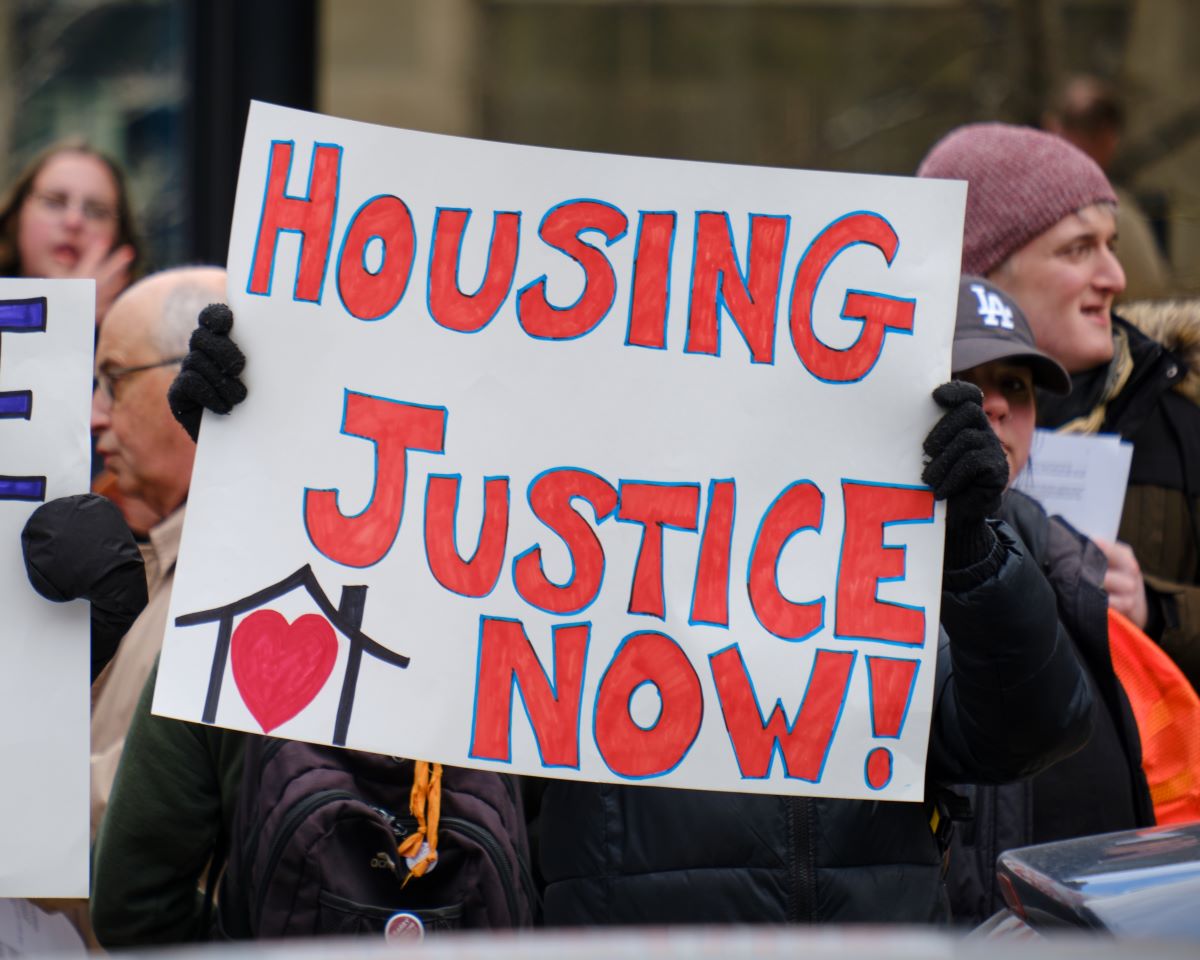Rents have hit record highs yet again, leaving Millennials and Gen Z facing unprecedented challenges in securing affordable housing. Here’s the full story.
Abandoning Dream of Home Ownership

The rental market in Great Britain has reached unprecedented levels, leaving many Millennials and Gen Z tenants, who have effectively given up on the dream of ever owning a home, grappling with the ever-increasing costs.
Record High Rents

According to recent data from property website Rightmove, the average private rent outside London has surged to a record £1,316 per month as of May, an astounding 7% increase from the previous year. This sharp rise in rental costs for tenants indicates the ongoing challenges young renters face.
The Situation in London Is Pitch Black
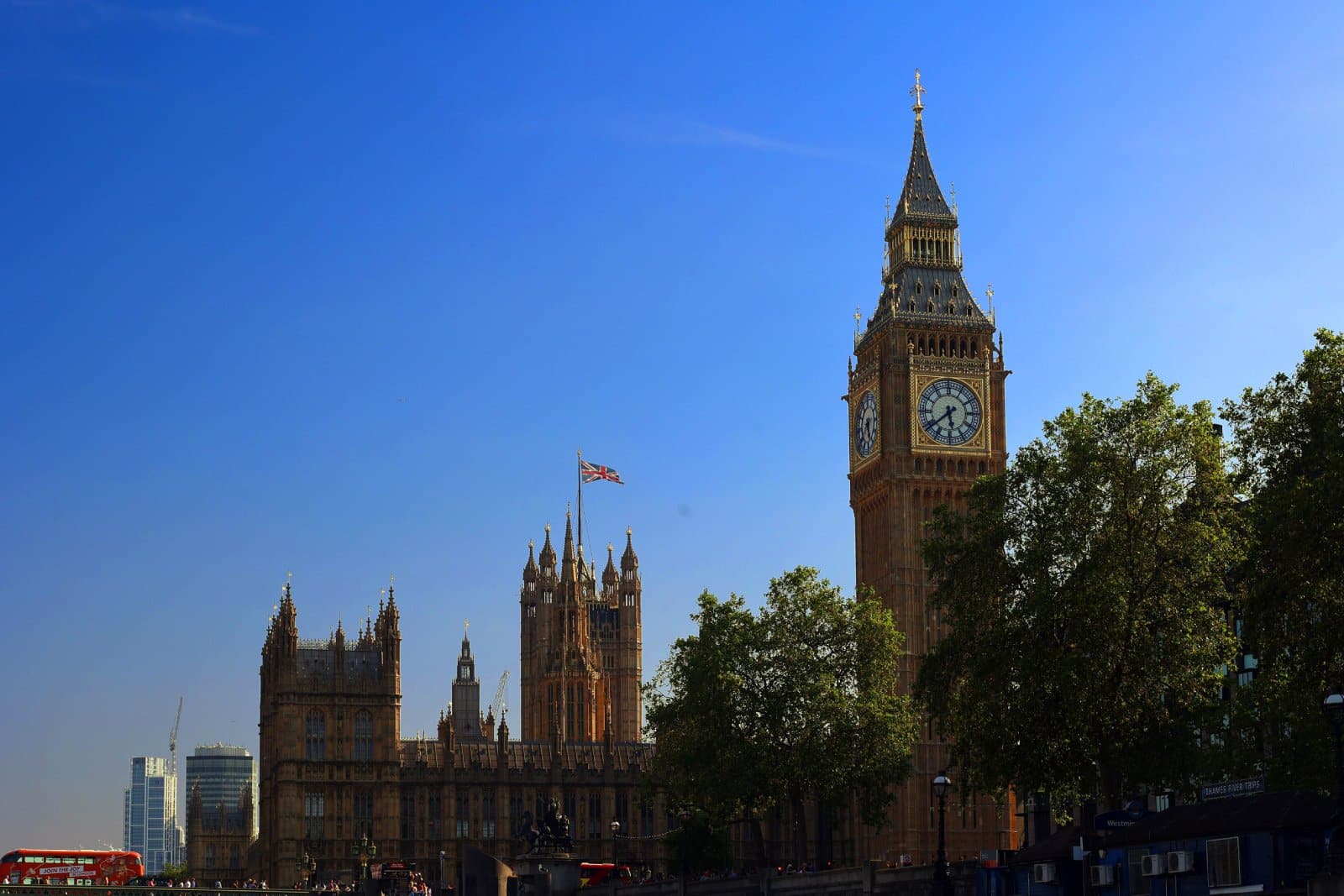
While the national picture is gloomy, the situation in London is pitch black. The average advertised rent in the capital has reached an eye-watering £2,652 per month. Although this figure is 4% higher than a year ago, it represents a deceleration in the growth rate, which peaked at 18% in 2022.
Supply and Demand Imbalance

The slowdown is attributed to an improvement in the balance between supply and demand, with fewer tenants looking to move and an increase in available properties. This vindicates housing campaigners who, for years, have repeatedly pushed for increased housebuilding to slow and even decrease rents.
Regional Variations
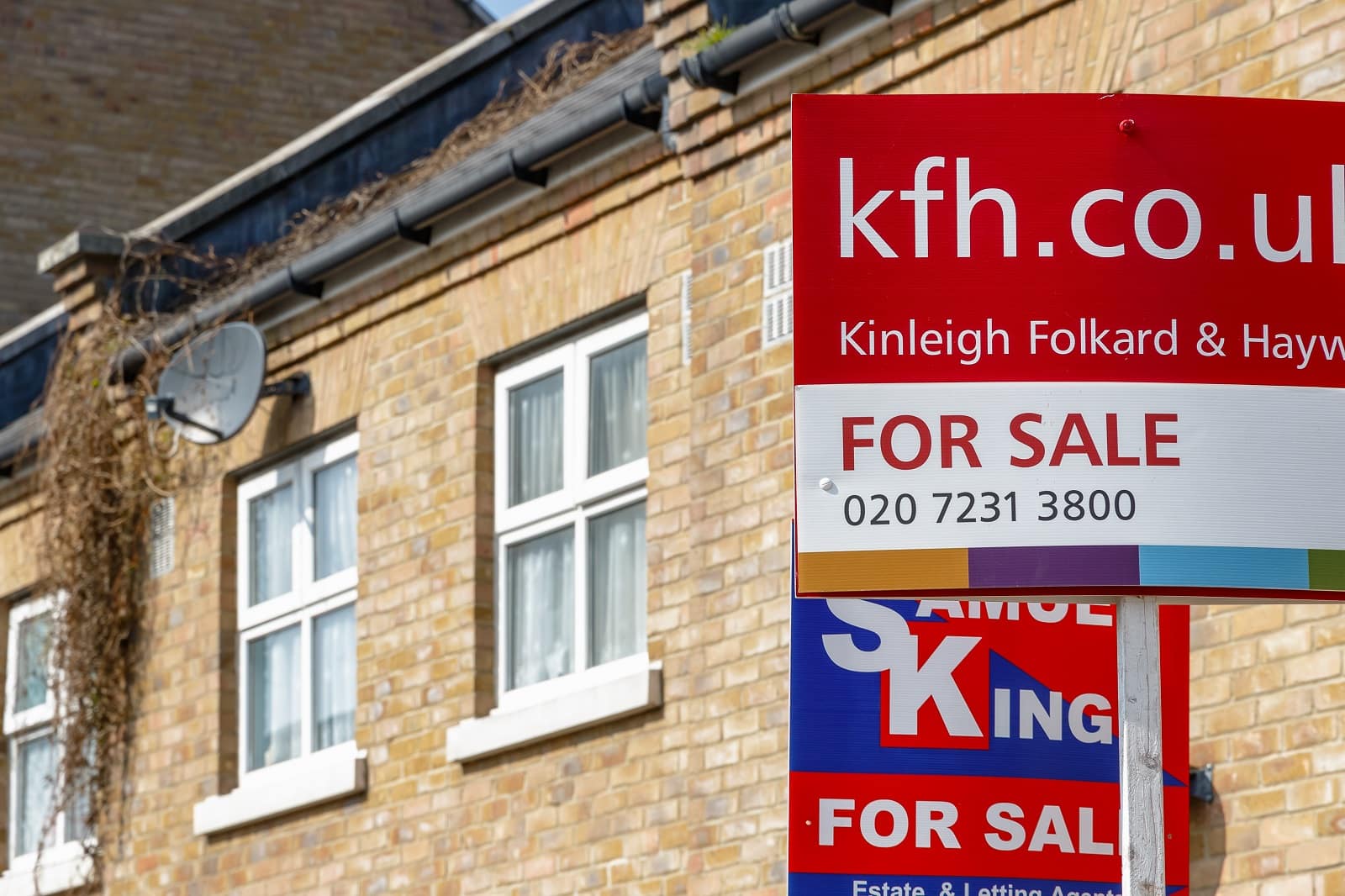
The rental market dynamics vary significantly across regions. In northeast England, the average rent is £894 per month, considerably lower than the national average, but it is still experiencing an annual increase of 11%.
Stark Regional Differences

The data from Rightmove also reveals a stark regional variation in average advertised rents and annual increases. The West Midlands, for instance, saw a 10% rise to £1,180 per month, while the East of England experienced an 8% increase to £1,597 per month.
Hardest-Hit Region

Other notable increases include the North West and Yorkshire and the Humber, both at 8%, with average rents of £1,146 and £1,022 per month, respectively. However, Scotland emerges as the hardest-hit region, with a severe imbalance between supply and demand, pushing rents up by 9% to £1,067 per month.
“Nowhere Near Enough Homes”

The primary driver behind the surging rents is the imbalance between supply and demand, with Rightmove arguing that there were “nowhere near enough homes to satisfy the number of tenants looking to move.”
Pre-Pandemic Stability

Rightmove’s property expert, Tim Bannister, stated, “It’s easy to forget there was a time before the pandemic where rental price growth was more stable. [Annual] price growth at 7% suggests we are still out of balance.”
Landlords Passing on Costs

Landlords further exacerbate this shortage with buy-to-let mortgages passing on the higher costs resulting from increased interest rates. The shortage of available rental properties is a nationwide issue, with Propertymark, a professional body for estate and letting agents, noting that there were about nine new applicants for each available UK property in May.
Calls for Urgent Action

In light of these challenges, there have been calls for the government to take urgent action. Bannister argued, “The next government should be prioritising an improvement to the planning process, an acceleration of housebuilding, and encouraging more supply into the rental market.” Following years of inaction, the rental crisis has likely been an issue that influenced voters’ decisions in the recent general election.
Comprehensive Reform Needed

Nathan Emerson, CEO of Propertymark, a professional body for estate and letting agents, expressed the need for comprehensive reform, stating, “The private rental sector needs more houses to stabilise rental prices, but there are myriad factors that can contribute towards making the market more attractive for both investors and tenants.”
Reforming the Tax System
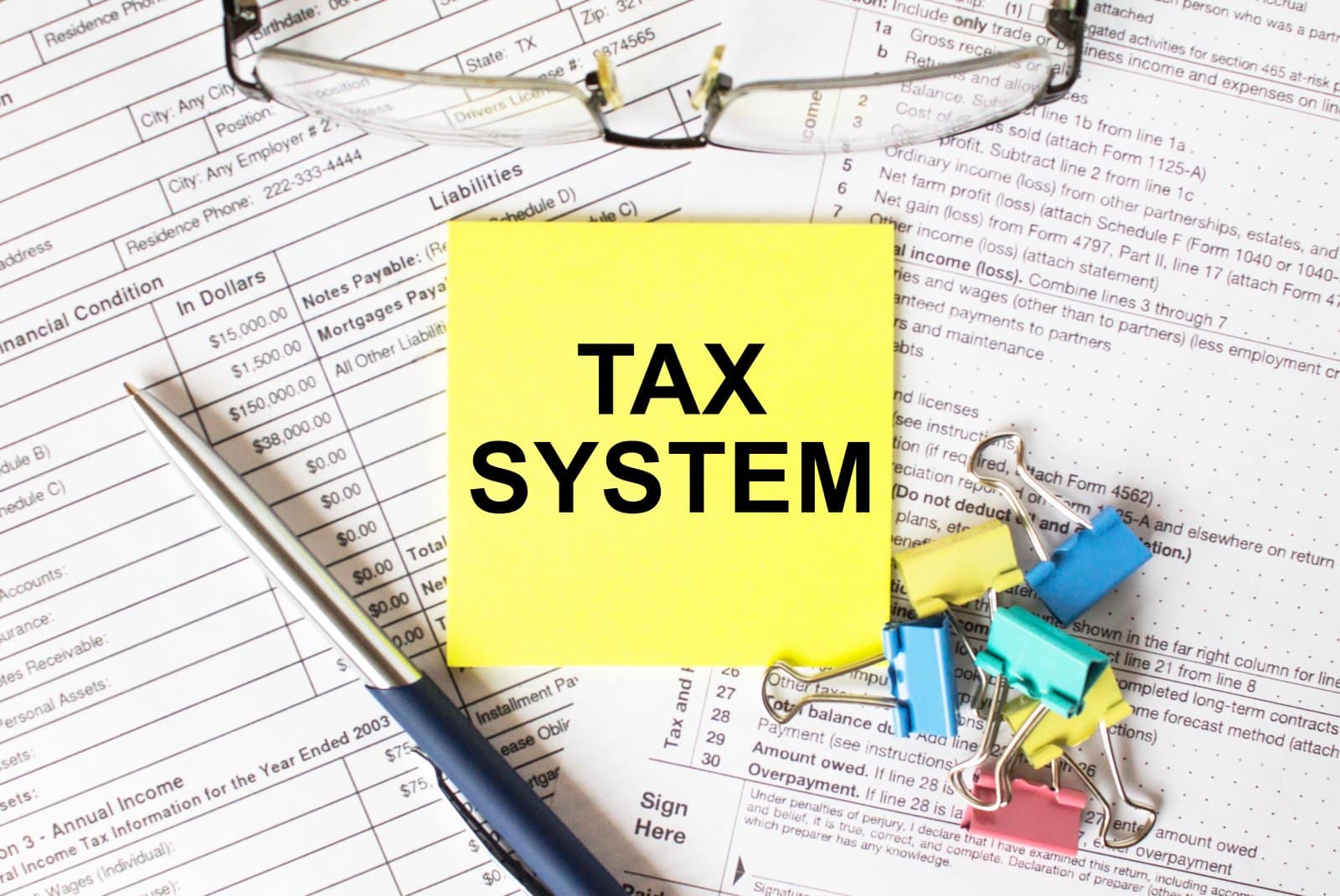
He added, “Propertymark would like to see the next government reform the tax system so that more investors can be persuaded to invest in the private rental sector and lower rents for tenants in the long term.”
Protecting the Green Belt
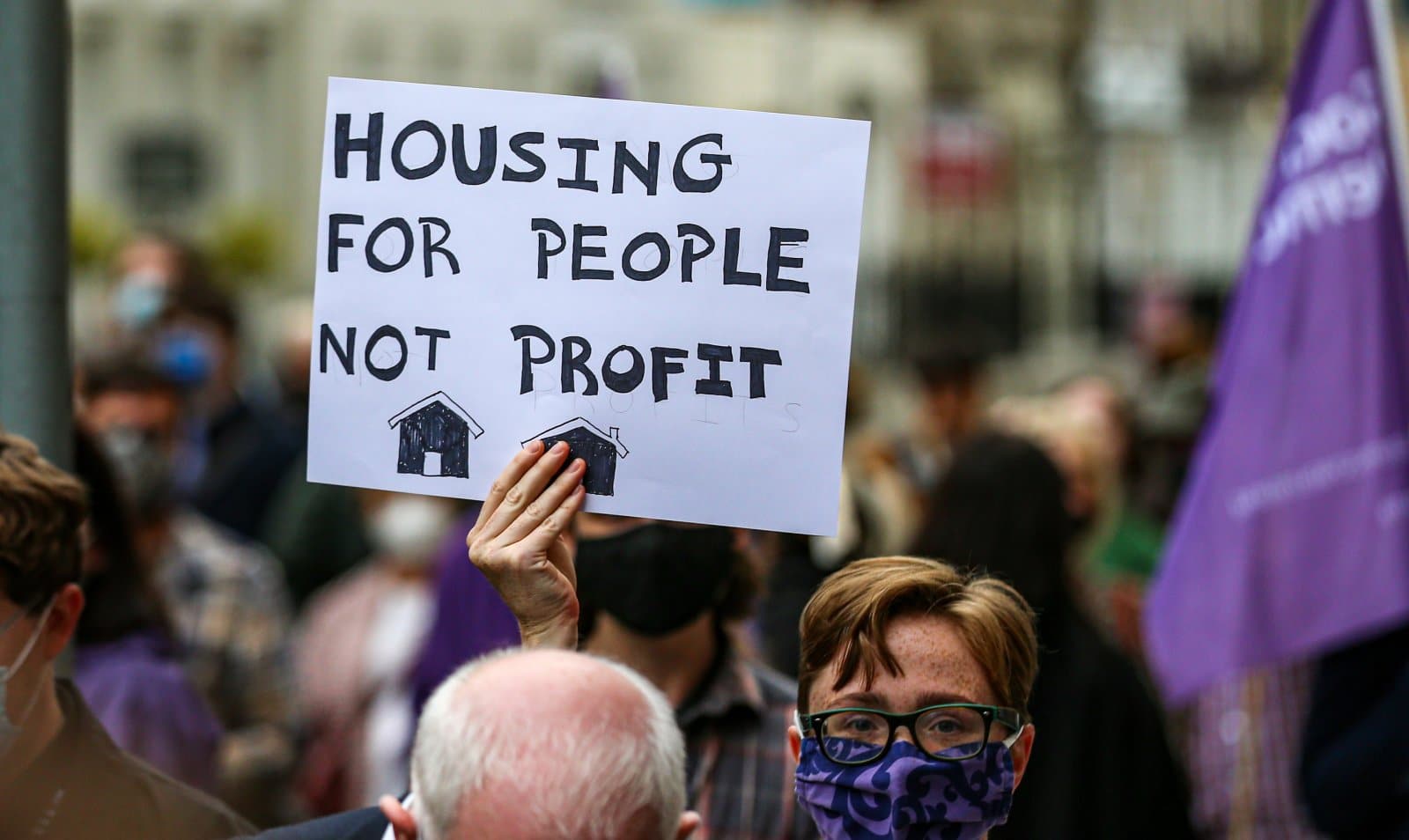
However, in a statement that will likely anger many housing campaigners who have long argued that it will be necessary to reform planning laws to make it easier to build new houses, Emerson stated, “Whilst we support a greater supply of houses, there has to be a sensible deliverable programme mindful of protecting the green belt wherever possible.”
Multifaceted Approach Needed

To address the severe supply and demand imbalance, particularly in Scotland and other affected regions, industry experts are advocating for a multifaceted approach, with measures aimed at creating a more balanced market, ensuring that rent growth returns to manageable levels and providing relief to the many renters currently struggling with record-high costs.
Millennials and Gen Z Affected

The surge in rental prices across Great Britain, exacerbated by supply shortages and economic pressures, continues to pose significant challenges for renters, mostly made up by the Millennials and Gen Z.
Need for Government Intervention
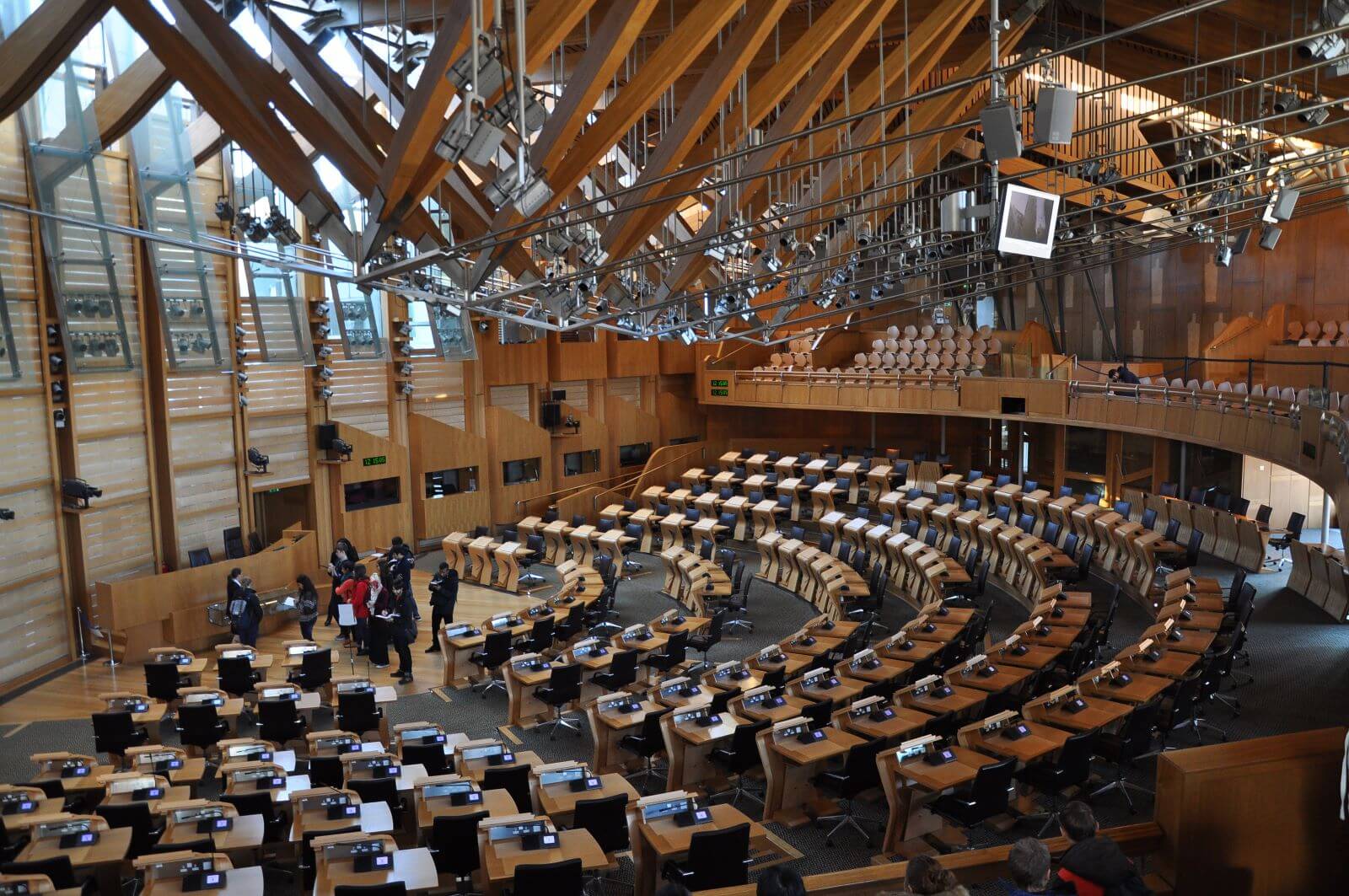
With record-high rents and regional disparities, the need for government intervention and strategic reforms has never been more urgent. However, it remains to be seen if the new government will prioritise the house building required to reduce rents and, hopefully, rekindle the dream that young people will, one day, be able to own a home of their own.
The post Affordable Housing Crisis: Millennials and Gen Z Struggle Like Never Before first appeared on Now Buzz.
Featured Image Credit: Shutterstock / Wandering views.

